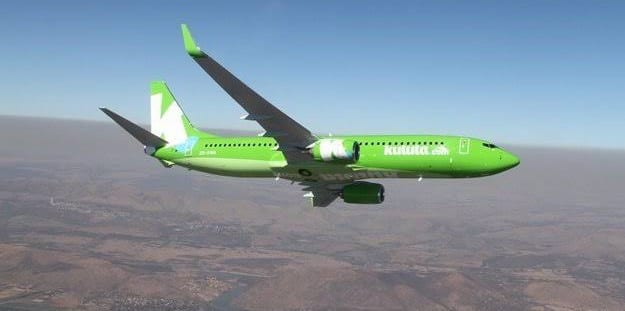Last updated on September 11th, 2021 at 08:24 am
Comair on Friday surpassed another great waypoint en route to returning to the skies when the giant majority of creditors and shareholders voted to adopt the business rescue plan.
The company stated on Friday that in terms of the commercial enterprise rescue format the favored investment consortium, comprising a range of former Comair board members and executives, would invest fresh equity of R500 million in return for a ninety nine percent shareholding as soon as the suspensive conditions set out the enterprise rescue design had been met.
It said Up to 15 percent of this would be allocated to a suitable broad-based black economic empowerment (BBBEE) companion within 12 months. “During the next two months R100 million of this will be paid in two equal tranches as secured post-commencement finance.
Additional funding from lenders of R1.4 billion is required and will contain R600 million in new debt.
The last R800 million will be deferred debt, with capital payments deferred for a yr and activity for six months,” the crew said in a statement.
The commercial enterprise rescue practitioners (BRPs) of the group, which operates kulula.com and Brithish Airways said formerly that Comair wanted a massive money injection to fly again.
The organization had not been capable to function any scheduled passenger flights because the begin of the lockdown in March.
Comair will be de-listed from the JSE and a new board constituted, according to the statement, and the turnaround layout will focal point on lowering working expenses and developing ancillary revenue.
“This will see the contemporary personnel decreased from about 2 200 employees to 1 800 thru voluntary retrenchment and early retirement programmes, as nicely as the Section 189 retrenchment technique that began prior to commercial enterprise rescue continuing,” the group said.
Comair chief govt Wrenelle Stander welcomed the adoption of the commercial enterprise rescue plan, which is predicted to keep 1 800 jobs pronouncing that entering enterprise rescue used to be a tough decision, in particular as precise growth used to be being made to repair the financial situation.
(IOL)

